|
Happy International Women’s Day from across the pond in Manchester. I’ve stopped for a coffee on the main road and watch as city-going people walk by. The sun is out today and everyone who passes is accompanied by a shadow following at their feet. I think of the shadows that accompany me today. More than a hundred years ago, Emmeline Pankhurst walked these Mancunian streets. Born in Moss Side in Manchester, she was one of the most important and influential figures in the history of women’s suffrage. Described by TIME as “The Agitator”, Pankhurst “shaped an idea of women for our time; she shook society into a new pattern from which there could be no going back”. She was a founding member of the Women’s Social and Political Union. With her as its figurehead, in the face of increased government repression and violence, the suffragette movement deployed several controversial tactics, including arson, violent protest and hunger strikes. Although many people disagreed with her, today her work is recognized as a crucial element in achieving women’s suffrage in Britain. Emmeline Pankhurst may not be the sum total of the suffragette movement but all of her voiced ideas, words and deeds played key roles in the social and political reform that came afterward. She recognized that she was a part of a whole, bigger picture but had a deep conviction that she had the power to make an impact. Each person belongs to a bigger picture but behind each person, another picture can be uncovered. In her autobiography Suffragette: My Own Story, Pankhurst discusses her relationship with her husband, Richard Pankhurst, a barrister who was known for supporting women's rights to vote. She writes:
To have the unwavering support of someone you love is powerful and so lucky. To stay believing in something unashamedly in the face of critics and disbelievers is miraculous. To fight for equality in your life time and to empower those around you to follow is meaningful in a way that surpasses words. These feelings are not unique to Emmeline Pankhurst’s life or even to those of British women – they are universal truths. This year marks the centenary of the Representation of the People Act that gave 8.5 million more women the right to vote in the UK. It is so hard to imagine the feeling of being given something we so often take for granted today. When I put myself in that time, I’m always stumped by a question: Would I have been one of those courageous women? I’d certainly like to think so but still, I don’t know. However, I do know that some day, people will be writing articles about the time we live in now. They’ll be talking about what women are currently living through around the world with the #MeToo and Times Up movements and they’ll be talking about the persisting lack of education access equality in developing countries. They will also be talking about what we did to fix things. They’ll still be talking about Emmeline Pankhurst and they’ll be talking about all those people who weren’t necessarily the sum totals of their movements but who dedicated their lives to making a difference. I certainly still have a chance to be one of those people. Today, as I leave my spot on the side of the road, the sun illuminates the shadows and the stories of the women who came before me. It’s our turn to give our projects our all now and I think of that line from Mary Oliver's poem “The Summer Day”…“Tell me, what is it you plan to do with your one wild and precious life?” Read the Guardian’s piece on the centenary here
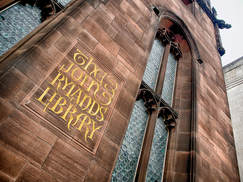 On New Years Day in 1900, a library opened its doors in Manchester. It was a gift to the Mancunians that had been over ten years in the making. Housing over 70 000 books and about 100 manuscripts in the beginning, it was a wife’s tribute to her husband and the beginning of a love story – a love story about books. Over the course of more than 100 years, the John Rylands Library has become a centerpiece in this vibrant city. In 1834, Manchester was the commercial heart of the cotton industry, propelling it to become the world’s first modern industrialized city. John Rylands (1801-1888) was a driving force in this movement and when he passed away, his wife Enriqueta Rylands (1843-1908) had a vision to establish a major library for Manchester in his honor. She wanted to share the treasures of this library collection with the widest possible audience. She invested time and much of her fortune into building the institution and chose the grand Neo-Gothic architectural style to create an instant cultural heritage for Manchester to rival that of the ancient university cities. It all started with her vision. 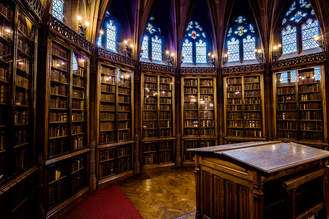 A Quiet Corner in the Reading Room A Quiet Corner in the Reading Room One of the most special gifts to give someone is a book you love. And truly, giving someone you love a library is special on another level. Enriqueta’s creation of the John Rylands library was a giant gift that to this day, we can have the pleasure of enjoying every day of the week for free. There are stories told about special people and their lives, there are often monuments erected in their honor…What does it mean to have a library carry on your legacy? Within the library is contained boundless precious resources that encourage our imagination and the pursuit of knowledge more than 100 years after its establishment. A legacy that has inspired generations to pursue learning in the library is powerful and speaks volumes even today. Even today, the John Rylands library still stands as a pillar of Mancunian city life. Having opened in 1900, its structure survived both World Wars and was eventually purchased by the University of Manchester. It has seen a century’s worth of curious visitors from all walks of life and its walls have lived to tell a million tales. After all these years, it is the people who have worked at the library who have kept it so strong. Fundamentally, if so many continue to invest their time to preserve books and this storied structure, it must be for love. The sheer wonder one feels when walking through the grand walls of the library is unlike any other feeling. The desire to protect this treasure for generations to come is only fueled by a fundamental love of books, reading and libraries. Some may say it’s merely nostalgic but really, it is so much more. This library represents a collective life. In his essay, “What is an Author?” Michel Foucault discusses the idea of an author’s “work”. “Even when an individual has been accepted as an author, we must still ask whether everything that he wrote, said, or left behind is part of his work. The problem is both theoretical and technical. When undertaking the publication of Nietzsche's works, for example, where should one stop? Surely everything must be published, but what is "everything"? …What if, within a workbook filled with aphorisms, one finds a reference, the notation of a meeting or of an address, or a laundry list: is it a work, or not? Why not? And so on, ad infinitum. How can one define a work amid the millions of traces left by someone after his death?” When we consider our life’s work, we can think about it in terms of the differences we’ve made in our communities, maybe in the books that have inspired us, the conversations that we have always remembered or the people we have loved. What is our “everything”? If we aim to encompass the Foucauldian “everything” maybe our life can’t be contained in one work but rather, a series of works contained in a library of our own.
Today is World Book Day in the UK. On this day, let us open the doors of local libraries and let us remember all the love and life times they contain. |
CategoriesArchives
October 2023
|
|
Literacy Quebec
4590 rue de Verdun suite 206 Montreal, QC H4G 1M3 |

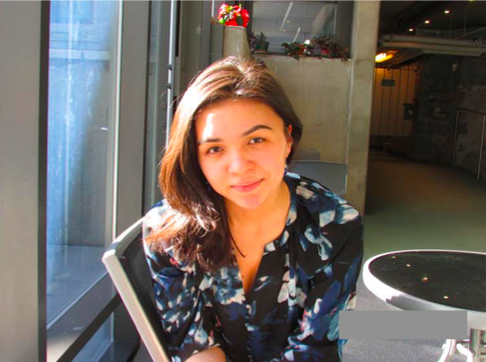
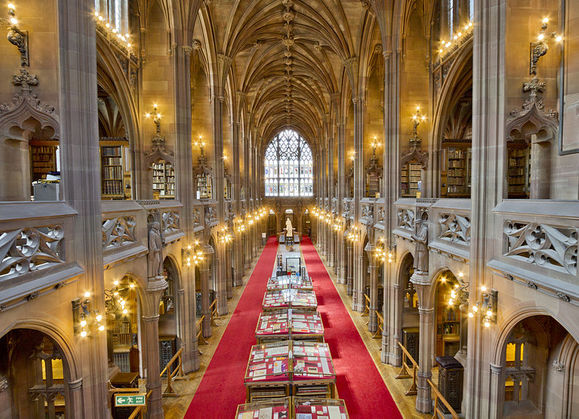

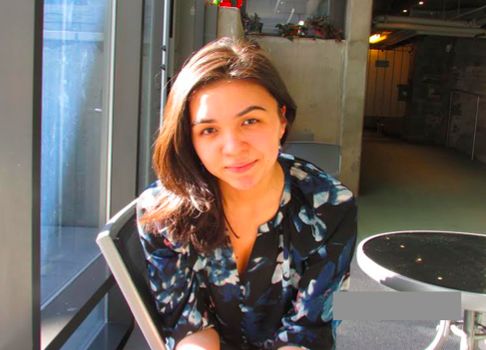
 RSS Feed
RSS Feed

